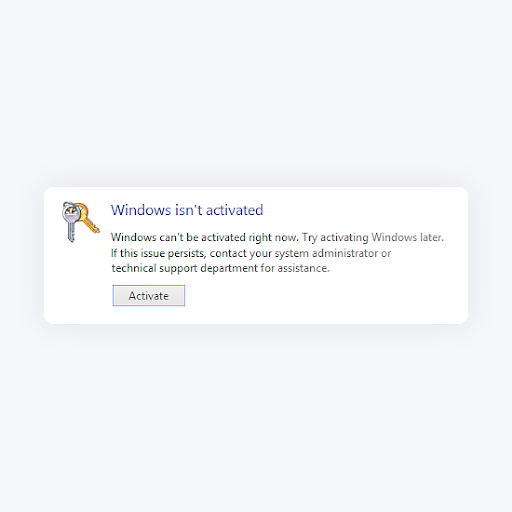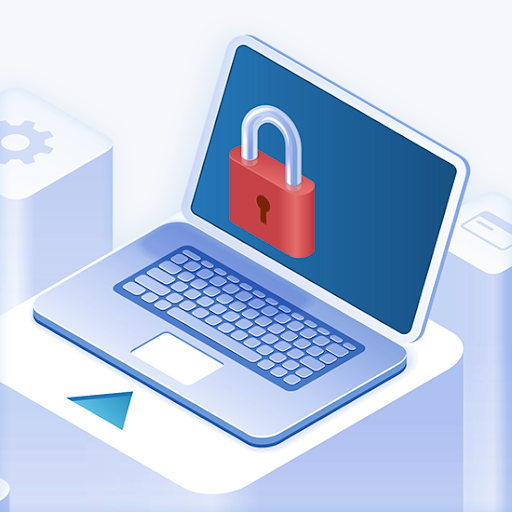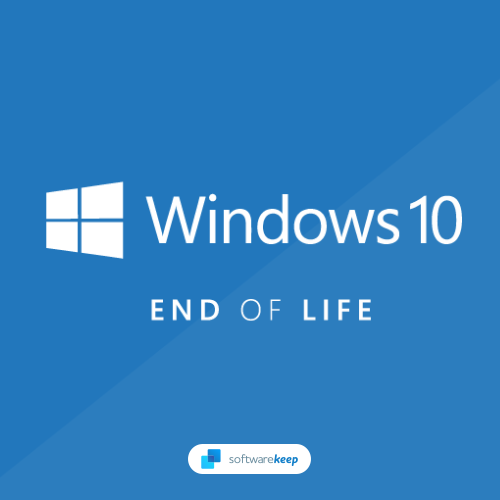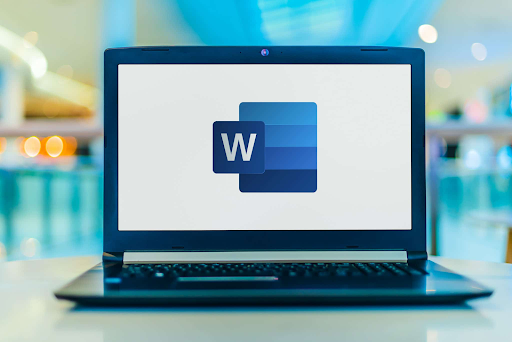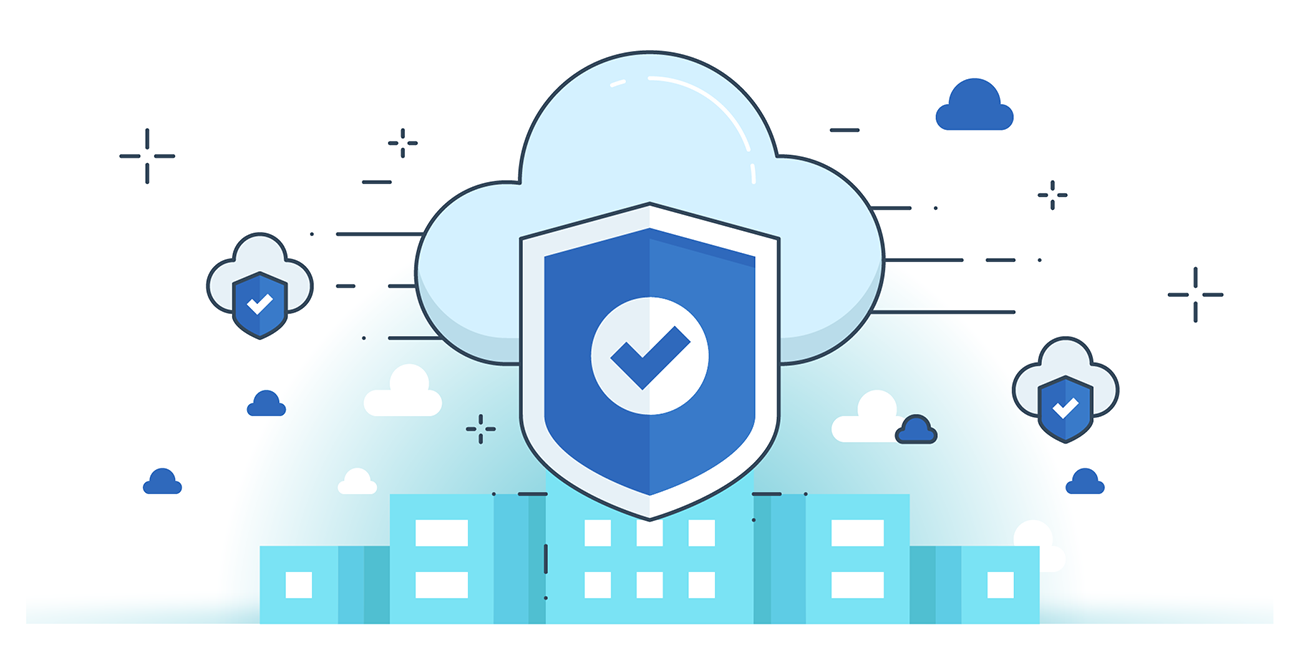What's the Difference Between SQL Server and Windows Server?

What is the difference: SQL Server vs Windows Server
One question frequently asked is whether you should choose Windows Server or Windows SQL Server.
Here’s the difference: SQL Server is strictly database management. Windows Server is a Windows Server operating system.
SQL Server runs on top of your Windows Server. SQL Server is an RDBMS software (application) that requires a Windows OS to operate.
Are you standing at the crossroads, not being able to make up your mind about whether SQL Server or Windows Server is the best for your business?
Let’s discuss this in detail.
Differences: SQL Server vs Windows Server
Get familiar with the major differences between an SQL Server and a Windows Server deployment. While both have benefits — a lot, actually, — they’re useful for different reasons in different industries.
Main purpose
SQL Servers are mainly for SQL databases, which is a type of relational database system. They provide high-performance data storage and manage large datasets across many computers in a network.
Windows Servers are for storing files on a shared drive so that multiple people can access the same file at the same time.
The primary difference between SQL Server and Windows Server is what they're made for: SQL Servers store raw data, while Windows Servers allow you to store documents like images, projects, spreadsheets, or Word documents.
Security
Don’t get us wrong here — both SQL Server and Windows Server are incredibly secure environments with tens of security features. However, SQL Server is generally regarded as more secure due to its SQL language.
While Windows Servers have a number of security features, some you may already be familiar with, they're not as advanced and customizable as an SQL Server. For example, SQL has Transparent Data Encryption (TDE), while Windows Servers do not encrypt data at rest or in motion by default. It also has SQL injection prevention, while Windows Servers do not.
Data availability and elasticity
SQL Server is a great option for large-scale data processing that requires high availability, elasticity and scaling. It's one of the most scalable databases available today — you can add storage or compute nodes to increase its capabilities as your business grows.
Windows Server is an operating system, like your Windows 10. However, unlike classic operating systems, it's meant for servers — systems that are made to serve other devices and resources online.
Server operating systems provide various functionalities not offered by normal OSes which allow you to operate securely without worrying about attackers finding their way in through the backdoor of your system.
Backups
SQL Server is for data storage and management, so the data stored on a server is usually raw and doesn’t take up that much space. Windows Server provides a network-wide file system that can store projects and assets and make them readily available across your employees.
This difference affects how SQL Server databases are managed compared to files stored on a Windows Server. SQL Database files can be backed up using the database tools, whereas you need a detailed backup plan with plenty of storage for your Windows Server.
SQL Server vs Windows Server: Which one should you buy?
Both SQL Server and Windows Servers can provide capabilities that benefit your business, but it's important to know their differences before you buy. They each have different features and benefits — so which one is better for you?
We recommend SQL Server for companies that are looking for a secure database server. SQL Server's language is the most popular database system in the world, and it offers you faster performance than other relational databases might offer.
Windows Server is recommended for organizations that need a network infrastructure that can handle large amounts of data. This server system provides you with the networking capabilities to run applications and share files, printers, etc. over your business's local area network and even in the cloud.
In order to decide which one is best for you, consider both SQL Server and Windows Server features so that you have a better understanding of the OSes.
Final thoughts
You've heard all about SQL Server and Windows Server. If you're struggling to make a decision between which one is best for your situation, we hope this article has helped narrow down your options.
Just to recap: SQL Server is the best option for people who need an in-depth and specialized database solution while Windows Server might be better suited if your business is looking for something that operates like any other OS on a wider scale.
If you're still unsure about which direction to go with your technology, contact our team at SoftwareKeep for more information or assistance! We also encourage you to check out our other articles in the Help Center and Blog if you want to learn more about the latest technology!
Want more? Sign up for our newsletter to get promotions, deals and discounts from us right in your inbox. Subscribe with your email address below.
You May Also Like
» The Ultimate Guide to Windows Server
» SQL Server 2019 Install Guide
» SQL Server Version Comparison


